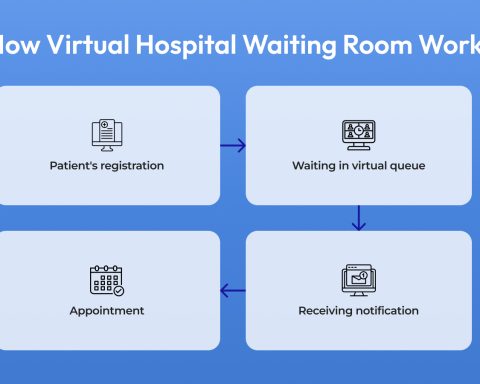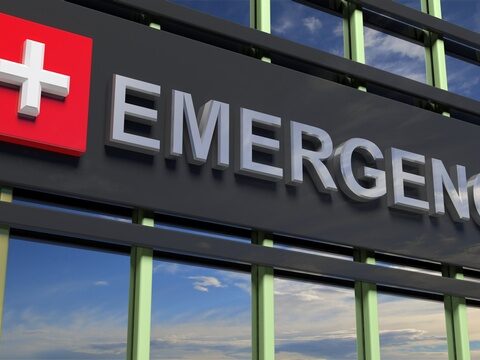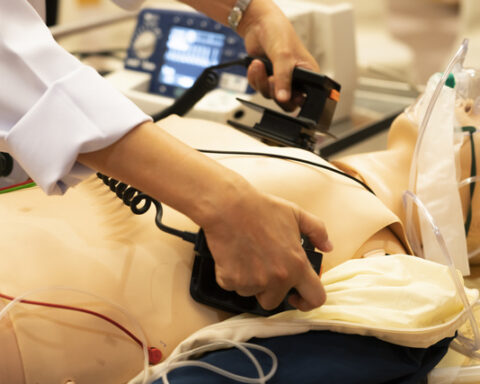Medical care is vital for patients, so the demand for consumer satisfaction is naturally high. All the precision needed for smartphone assembly is eclipsed by the steady hands needed for a successful organ transplant. Better hospitality would mean the world to a child battling leukemia.
All medical centers strive to offer quality care, yet some do better than others. As technology advances, so do the industries that utilize it. This is especially true of the health care industry, but there are still areas where it can improve. Here are some industries from which hospitals can learn.
Restaurants
It may seem strange to equate an operating room with a kitchen, but the similarities are there. Both restaurants and hospitals are trying to deliver a variety of quality products and services to a large number of people. However, the health care industry seems to be failing. Therefore, health care could learn a lot from the way restuarants operate.
In a 2012 article in The New Yorker, Dr. Atul Gawande boldly suggested that hospitals should mimic the procedures of the Cheesecake Factory restaurant chain. While researching the article, Gawande took a tour of his local Cheesecake Factory restaurant and observed the prep line’s efficiency at creating multiple dishes according to a rotating menu.
When Gawande asked the regional manager how he would run a hospital, he said, “I’d study what the best people are doing, figure out how to standardize it, and then bring it to everyone to execute.”
Retail
Strip malls across the United States are converting vacated spaces into retail clinics, where people can seek treatment for minor illnesses or receive preventative services, such as vaccinations. Major drugstores like CVS and Walgreens are also creating small walk-in care centers. These retail clinics attract patients who do not have primary care physicians, although many of them do have Medicare, Medicaid, or similar financial assistance.
According to reports, an estimated 5.97 million visits to retail clinics took place in 2009. Many of these visits were for preventative treatments. The health care industry can perhaps use this model in order to develop ways to make health care more affordable.
Banking
Every time an individual has a procedure or checkup, it is recorded in Electronic Health Records. Aside from medical information, EHRs contains Social Security numbers and other personal data.
On March 15, 2011, Health Net reported the theft of nine servers from their data center. These servers contained the EHRs of 1.9 million policyholders. Considering the wealth invested in health care and the sensitivity of the information, medical data deserves to be as well guarded as bank accounts to avoid such security breaches.
Most major banks will spare no expense to secure their clients’ data. Bank representatives walk clients through the risks of online access to their information. Health care organizations need to do the same.
Education
Returning to the restaurant industry, chefs attend similar conferences to learn new recipes. Similarly, surgeons attend conferences to learn new techniques. Once the skill has been mastered, these specialists return to their practices to teach their peers. What’s the lesson here? Industries thrive when knowledge is shared. Doctors are useful for their knowledge as well as their expertise. They should be valued as healers and educators.
Conclusion
Being one of the most regulated and complex industries in the United States, the healthcare industry is subject to vast inefficiency and inflated prices that other industries don’t suffer from. By adopting new models of service from other private market industries, like real estate and the ones previously mentioned, and investing in greater knowledge sharing, healthcare networks can become more profitable and offer more affordable service to its patients.








